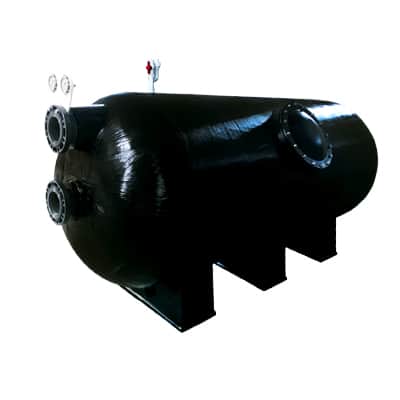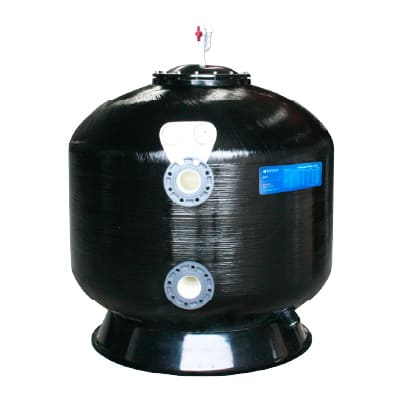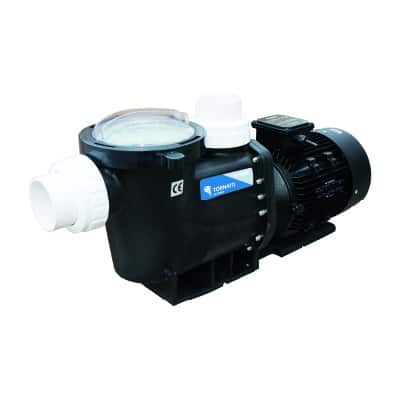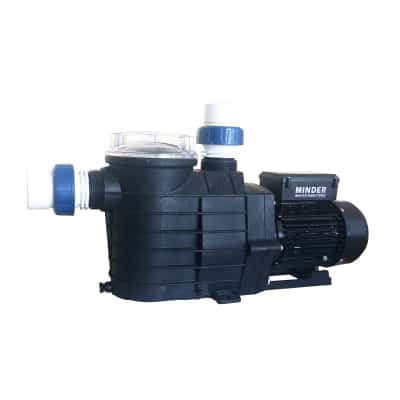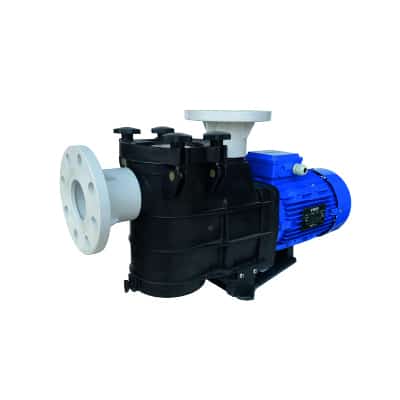Hardness in water is caused by certain salts. The main hardness causing ions are Calcium (Ca2+), Magnesium (Mg2+) and Bicarbonate (HCO3–).
These ions or minerals are normally addressed as scale in the water causing scaling of pipes and equipment in drinking water and process water systems.
Softening units offer a water purification solution for hard water and lime scale removal. In many applications, e.g. the preparation of drinking water, water in breweries and sodas, but also cooling water and boiler feed water, the hardness of the water is of importance. MINDER offers ion exchange water filters and related equipment for households, laboratories and industrial applications.
A typical water filter contains a long column, filled with beads of a polymer resin. The small beads mean there is a large surface area in contact with the water as it flows past.
In the case of a calcium exchange filter, the resin is made of a polymer that binds positively charged ions. The polymer is designed to bind to calcium and magnesium more strongly than to sodium. Initially, the polymer is saturated with sodium ions, meaning that there are sodium ions at the surface of each bead available to be exchanged.
When hard water flows past this resin, the calcium and magnesium ions will bind to the polymer, displacing the sodium into the water. The water flowing out is then softer but contains more sodium instead.
After water passes through the ion exchange resins, it passes through a final filter stage made of activated carbon. This absorbs other contaminants from the water – including chlorine and organic compounds, that affect the taste of the water – but doesn’t change the mineral content.
What does ion exchange remove?
- Hardness removal (water softener)
- Nitrates
- Alkalinity
- Chloride removal
- Sulfates
- Fluorides
- Organics reduction
- Silica removal
- Perchlorate
- Radium and Uranium removal
- Arsenic removal
- Barium removal
- Boron removal
- TDS reduction



